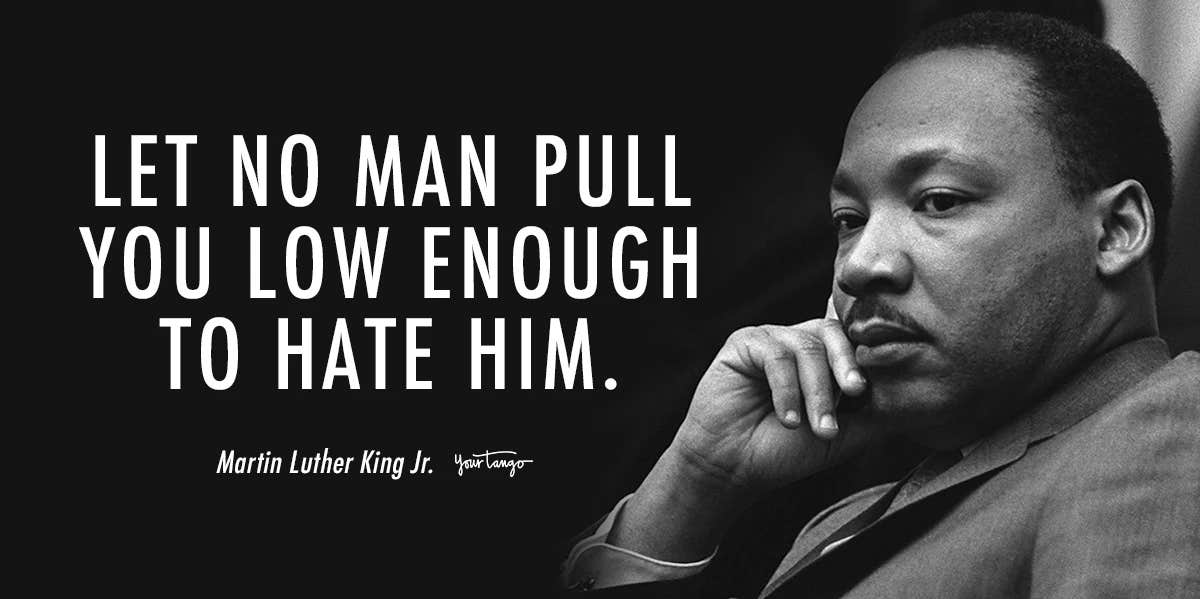The article explores the similarities and differences between Martin Luther King Jr. and Mahatma Gandhi, two influential leaders in the pursuit of peaceful change. Both men believed in nonviolence and peaceful resistance, the power of the individual to effect change, and building bridges between communities. However, they differed in their religious beliefs and the specific challenges they faced, with King focusing on racial segregation and discrimination in the US, and Gandhi on achieving India’s independence from British colonial rule. Despite their differences, their shared commitment to nonviolence and peaceful resistance continues to inspire people around the world.
Introduction
Martin Luther King Jr. and Mahatma Gandhi remain two of the most influential leaders in the pursuit of peaceful change. Although they lived in different parts of the world, and during different periods of history, there were still many similarities between their methods and teachings. This article will explore some of these similarities and differences.
Background
Martin Luther King Jr. was a Baptist minister who played a pivotal role in the American civil rights movement between the 1950s and 1960s. He is best known for his advocacy of nonviolent resistance and his role in organizing peaceful protests and marches against racial segregation and discrimination. King’s most famous speech was the “I Have a Dream” speech, which he delivered in 1963 during the March on Washington.
Mahatma Gandhi was a spiritual and political leader who played a major role in India’s struggle for independence from British colonial rule. His philosophy of nonviolent resistance, or Satyagraha, was based on the belief that “the means are as important as the ends.” Gandhi’s teachings and actions inspired many other civil rights and social justice movements around the world.
Similarities
Both Martin Luther King Jr. and Mahatma Gandhi believed in the power of nonviolence and peaceful resistance. They both believed that change could only come about through moral persuasion and the power of ideas, rather than through force or violence. Both men also believed in the power of love and forgiveness, and worked to build bridges between different communities.
Another similarity between the two was their focus on the power of the individual to effect change. They both believed that every person had the ability to make a difference in the world, and encouraged people to take responsibility for their actions and to work towards a better future.
Differences
One major difference between Martin Luther King Jr. and Mahatma Gandhi was their religious backgrounds. King was a Christian, while Gandhi was a Hindu. This difference in religious beliefs influenced their teachings and methods. For example, Gandhi’s philosophy of nonviolence was rooted in the Hindu principle of ahimsa, which means “nonviolence towards all living things.” King, on the other hand, often used Christian imagery and language to inspire his followers.
Another difference was the context in which they worked. King’s efforts focused mainly on ending racial segregation and discrimination in the United States, while Gandhi’s focus was on achieving independence for India from British colonial rule. Although they both faced opposition and violence from those who opposed their views, the specific challenges they faced were very different.
Conclusion
Both Martin Luther King Jr. and Mahatma Gandhi remain icons of peace and justice, whose teachings and actions continue to inspire people around the world today. Although they lived in different times and places, and faced different challenges, their shared commitment to nonviolence and peaceful resistance remains as relevant as ever. We can all learn from their lessons on the power of love, forgiveness, and the belief that change is possible, even in the face of adversity.
